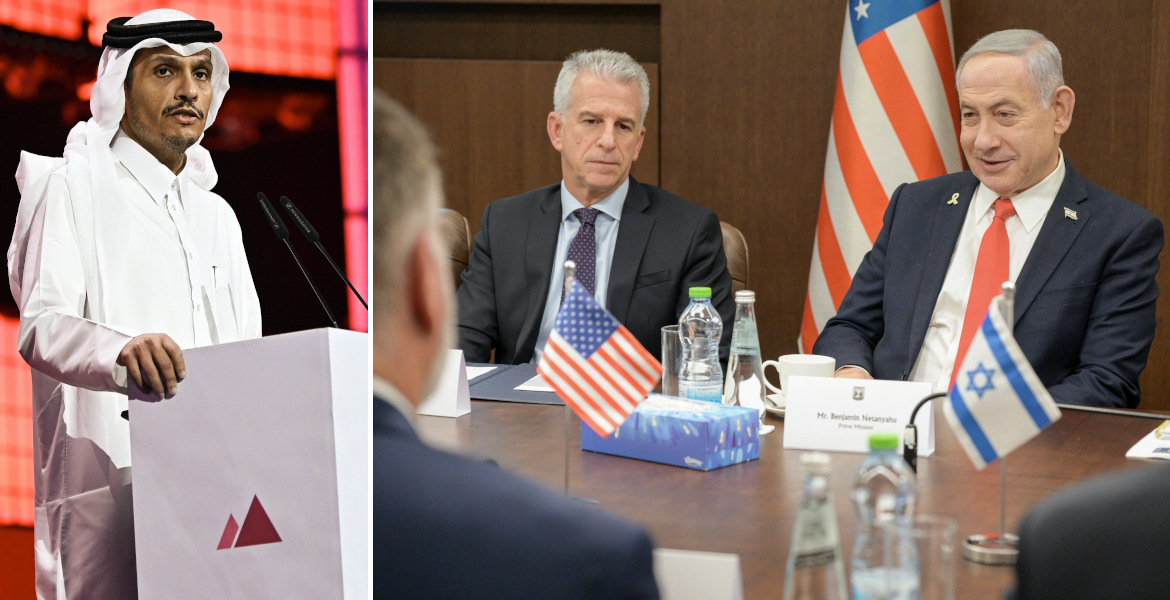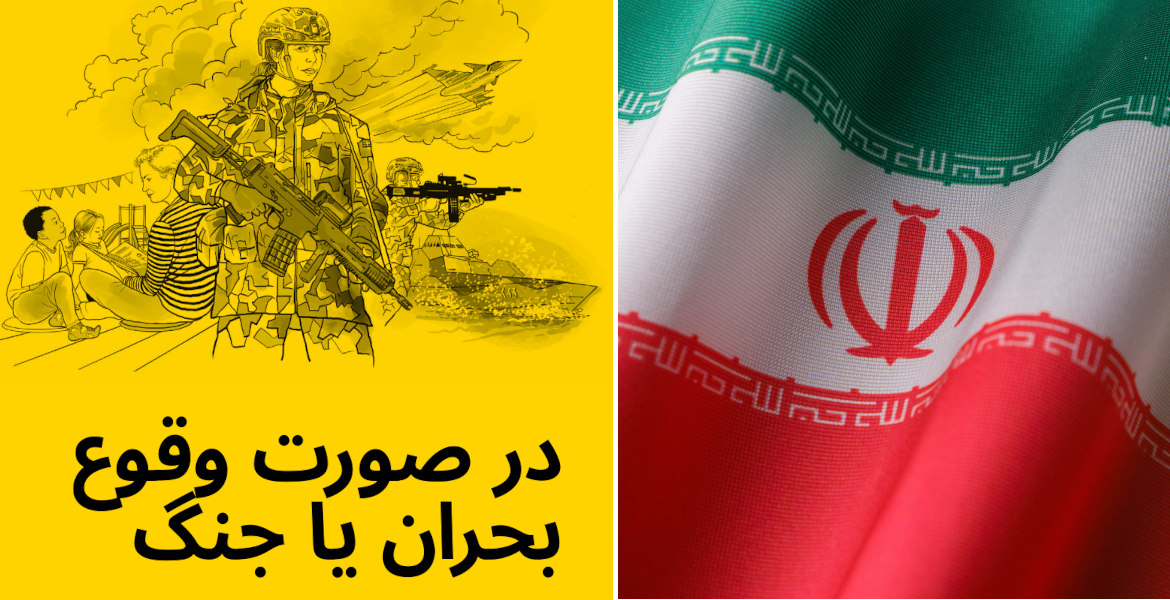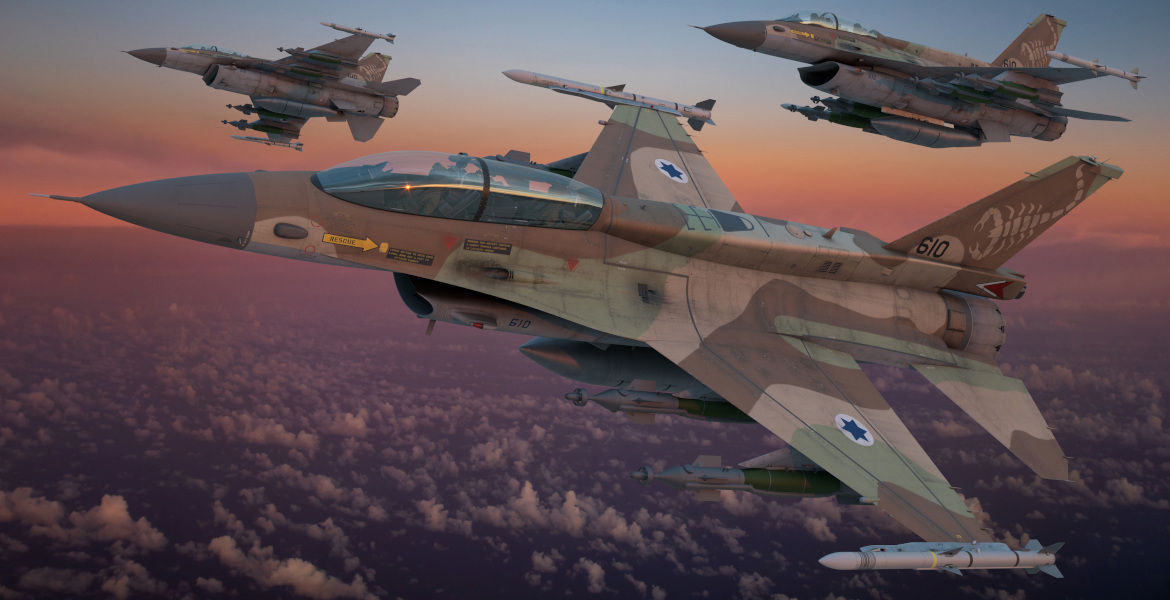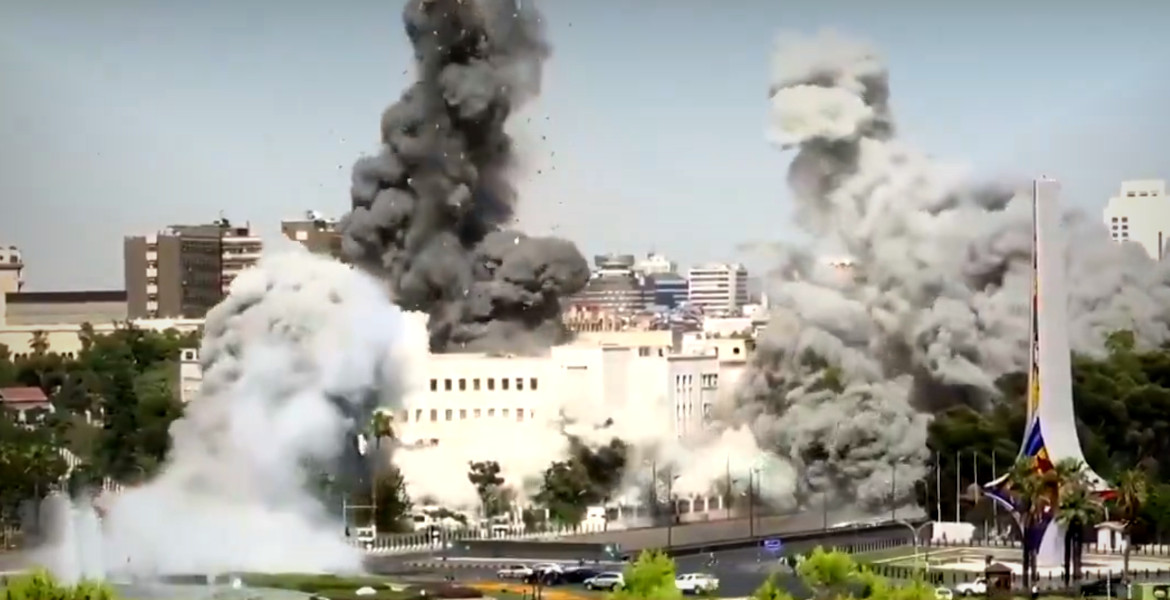Jeffrey Sachs, a Columbia University professor and long-time adviser to the UN Secretary-General, rejects arguments that Israel is acting in self-defence or has peace interests in the Middle East and argues that its policy should rather be understood as an attempt to achieve hegemony in the region.
– The course that Israel is on is utterly self-destructive, but incredibly dangerous for all of us, Sachs said.
On Tuesday, it became clear that Israel is continuing to escalate its warfare in Lebanon, where it has now crossed the border with the Israeli military. The Netanyahu government's actions can only be interpreted as an attempt to provoke a major war in the Middle East, which Jeffrey Sachs believes could end very badly for the Jewish state.
– Israel has tried for many decades to be that decisive, unquestioned, unchallengable power. It doesn't work and it's never gonna work, Israel is not going to survive, in the end, unless it learns to live together with the people of Palestine and its neighbors, and this is precisely what Net doesn't want to do, he wants to crush them.
– And that is doomed to failed, whether it's next week, next month, next five years, the course that Israel is on is utterly self-destructive, but incredibly dangerous for all of us, Sachs continued.
There is no genuine desire for peace in Israel, according to Sachs, who argues that the Netanyahu government must be considered "right-wing extremist" - not only in terms of the radical orientation of the parties in the government, but also in terms of the attitudes it expresses towards its neighbours and the world at large.
"Extremely dangerous"
The geopolitical analyst laments the overall situation in the Middle East where, with the influence of the Jewish lobby in the country, the US has effectively become subordinate to Israel as a political actor, which he believes is a key factor behind Israel's willingness to play a high-stakes game in the region.
– Whatever Israel does the US stands up and salutes. And it's extremely dangerous and contrary to America's security, interests and contrary to peace, he says.
– Basically Netanyahu is commander-in-cheif of the US military in the Middle East for the moment it seems, and he gets his way no matter how violent, how many people killed, how many opportunities for peace are lost. That's not the issue for Israel, the issue for Israel is to dominate the region and since it has the US military in it's pocket that's what it's gonna try to do, Sachs continued.
Diplomat with an impressive CV
Jeffrey Sachs is a distinguished economist, geopolitical analyst and economic adviser, twice named one of the world's 100 most influential people by Time magazine. He earned his PhD at the age of 26 and became a professor at Harvard University at the age of 29, where he spent two decades before joining Columbia University.
Sachs is chair of the UN Sustainable Development Solutions Network, co-chair of the Council of Engineers for the Energy Transition, an academic at the Vatican's Pontifical Academy of Social Sciences, and a commissioner of the UN Broadband Commission for Development.
He has also previously worked as a special advisor to UN Secretaries-General Kofi Annan, Ban Ki-moon and Antonio Guterres, assisted Presidents Gorbachev, Yeltsin and Kutmya, and has written a number of books that have made the US bestseller lists, including The End of Poverty and The Price of Civilisation.
In total, Sachs has received 42 honorary doctorates and has also been honoured by the presidents of France and Estonia, among others.







